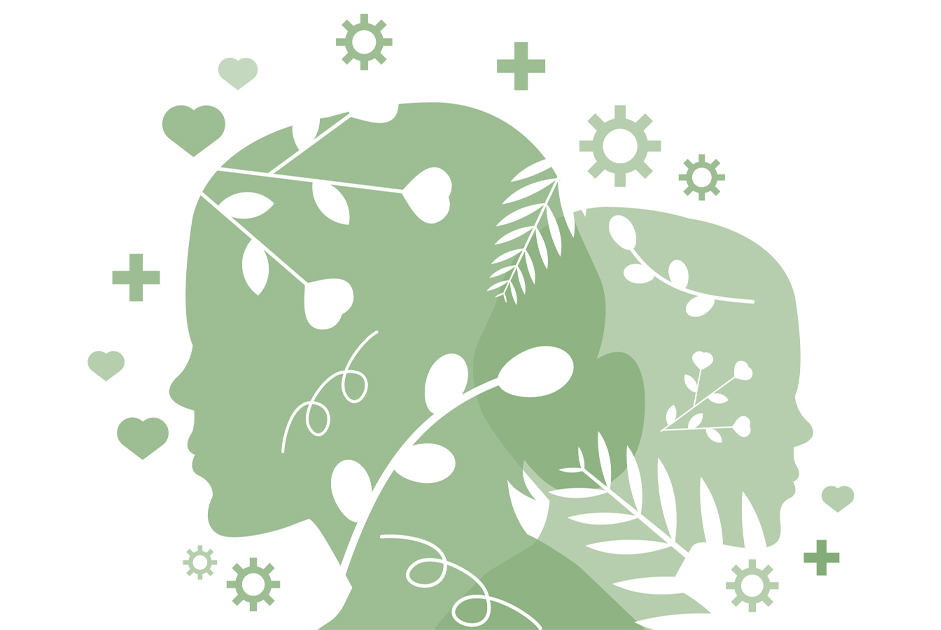by EMI SANO
It’s no secret that this generation of parents is determined to break generational cycles and become better versions of themselves for their children. I was initially surprised by my difficulties in self-regulating during moments of heightened emotional distress with my child. His cries and physical outbursts were triggering for me, often sending me into fight-or-flight mode. I would do anything to make it stop, by giving in or dropping boundaries, which wasn’t the type of parent I wanted to be.
When my son became a toddler, I became determined to stop us both from having meltdowns. I dove in headfirst, finding two informative podcasts that have guided me over the past year and reading self-help books for personal growth and parenting. I’m here to tell you – this isn’t a quick fix.
The Marathon of Mental Health in Parenting
Working on your mental health while parenting is not for the weak. This is a marathon, not a sprint. If you expect quick results, think again. Before you even start, you need to change your mindset about having an “aha” moment. There will be several of those along your journey, each bringing more challenges to overcome. Initially, I thought I could manage this journey on my own, but I realized I needed someone to talk through my revelations with and provide guidance. I started therapy which has allowed me to start gaining insight and tools for self regulation.
How to Navigate Parenting and Self Regulation
How can you parent a young child who has no emotional regulation while you work on ways to regulate yours? Here are helpful tools I’ve learned:
1. Give Yourself – And Your Child – Some Grace
It’s okay to have feelings – both of you. It’s okay to be frustrated that you can’t handle their big feelings right now, and it’s okay that they’re having big feelings. You don’t need to be happy 100% of the time around your kids. They deserve to see that you have struggles, just as they do. The big change for you is that they also need to see how you cope with those struggles to learn to do that themselves.
So, give yourself some grace, and let them learn to give themselves grace, as well.
2. It Will Be Harder Before It Gets Better
While working through your past trauma or any generational issues you are trying to break from, you will notice that your reactions may be the opposite of how you want to be. That is completely normal. I thought I was always going to be the yelling mom. If you feel this way, know that you are not alone. I’ve been working on myself for the past two and a half years, and I still have hard times. It’s not as bad now, and my son has been learning alongside me.
What helps me through these hard times is journaling, listening to music, talking and remembering to breathe – which my son often reminds me to do, “Mom, just breathe.”
3. It’s Never Too Late To Repair
This tip comes from Dr. Becky Kennedy, host of the podcast “Good Inside.”
What does repair mean? It means owning up to your mistakes and feelings without blaming anyone else. With toddlers, it can be as simple as, “Hey, I’m sorry I yelled at you earlier. I was feeling overwhelmed and forgot my tools to calm down. I am working on this every day, and today, I was having a hard time.”
By doing this, your children will start saying the same as they get more exposure to what repair looks like.
In Summary
Parenting is hard, even without working on your own mental health. Add in self regulation, anxiety, depression, ADHD or a new autism diagnosis, and it sounds like exhausting, hard work. Just know that you don’t have to hide who you are from your children.
You deserve to be your raw and authentic self while you go through your journey of rediscovery. I hope this validates you in some way.
Give yourself grace, time and remember, it’s never too late to repair.
Helpful Resources for Parents:
amazon.com/Raising-Good-Humans-Parenting-Confident/dp/1684033888
amazon.com/Whole-Brain-Child-Revolutionary-Strategies-Developing/dp/0553386697
amazon.com/Talk-Little-Kids-Will-Listen/dp/150113163X


















